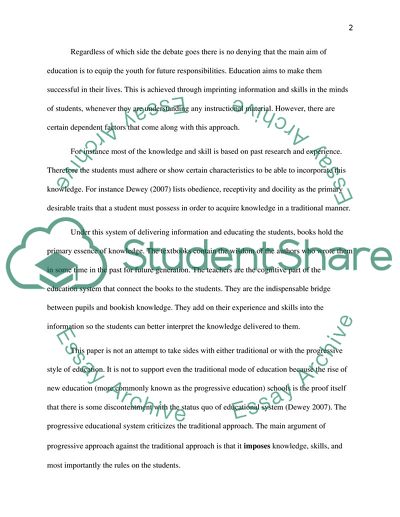Cite this document
(“Educational Problems in Philosophical Perspective Research Paper”, n.d.)
Retrieved from https://studentshare.org/education/1637224-educational-problems-in-philosophical-perspective
Retrieved from https://studentshare.org/education/1637224-educational-problems-in-philosophical-perspective
(Educational Problems in Philosophical Perspective Research Paper)
https://studentshare.org/education/1637224-educational-problems-in-philosophical-perspective.
https://studentshare.org/education/1637224-educational-problems-in-philosophical-perspective.
“Educational Problems in Philosophical Perspective Research Paper”, n.d. https://studentshare.org/education/1637224-educational-problems-in-philosophical-perspective.


